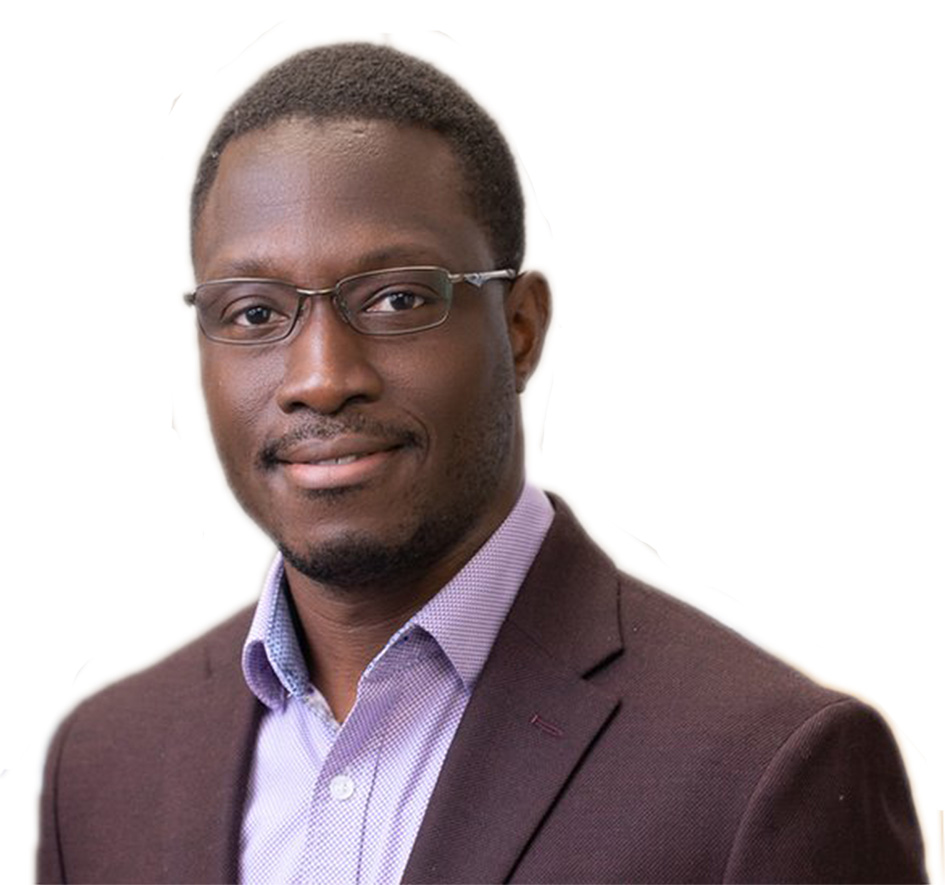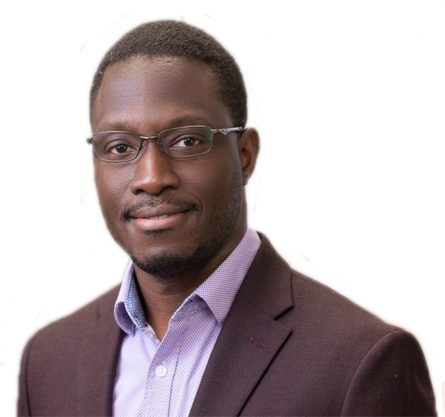
Dr. Onyema Ogbuagu is a Nigerian-born medical doctor, who led the Pfizer trial for the coronavirus vaccine in the United States. His ground-breaking research in the field of modified genetic code has given him a place of recognition in finding an acceptable solution to a global pandemic.
Ogbuagu is associate professor of medicine and infectious disease specialist and director of the HIV Clinical Trials programme of the Yale AIDS Programme, Section of Infectious Diseases of the Yale School of Medicine, New Haven, New York City. He has spent his years investigating some of the world’s most pervasive infectious diseases, including HIV/AIDS and Ebola.
The knowledge and experience apparently positioned him to top the race of scientists to develop the potential world’s first effective coronavirus vaccine in a record time of under one year.
In response to the COVID-19 pandemic, he is the Yale principal investigator on multiple investigational therapeutic and preventative clinical trials for COVID-19.Among the approvals by the United States Food and Drug Administration is the Pfizer/BioNTech vaccine trial.
Dozens of research teams around the world went afield in search of a vaccine for coronavirus using a mix of established techniques and new technologies. Money wasn’t a problem this time, as billions of dollars poured in from many quarters around the world to find the life-saving vaccine for a world under an unprecedented health crisis.
Amidst flickers of hope here and there, sustained optimism has come from the leading drug giants Pfizer and Modern a whose trial data showed their vaccines were more than 90 per cent effective in preventing COVID-19 infection.
Pfizer jointly announced with BioNTech that a vaccine against COVID-19 had been developed with 95 per cent efficacy. This beats by far the initial expectation of a 50 per cent effectiveness of a potential vaccine for coronavirus. How such a high level of efficacy has been achieved by the Pfizer/BioNTech vaccine remains a wonder in the field of vaccine technology.
Ogbuagu comes with a reassuring explanation. “So we are telling the public that even though the vaccines have proceeded at an unprecedented phase, it is being done carefully, thoughtfully and with the right amount of oversight so that vaccines receive emergency use authorisation by the FDA and it passes through all the safety checks to show that the efficacy numbers are real and that should really assure the public,” he said.
Reports affirm that the vaccine has been tested on 43,500 people in six countries and no serious safety concerns have arisen. Pfizer has since begun product roll-out that targeted supplies of 50 million doses by the end of 2020 and around 1.3 billion by the end of 2021.
The development of the vaccine is considered to be one big step of moving forward for the world. To Ogbuagu, the leading developer, it is a feat that signals the beginning of the end for COVID-19 pandemic. It will help people attain immunity, he assured.

Speaking to ABC news channel, he said “I think you know those of us involved in the trials are really super excited by the results that were really quite unexpected. You know we’ve quite expected that the vaccines should at least have more than 50 per cent efficacy… but it’s just so heartwarming that the vaccines have been so effective,” he said.
He also told BBC that the efficacy of the drug is as real as it was announced. He said when administered, the result is 94 percent effective among adults that are 65 years of age.
Born in the US, Ogbuagu returned to Nigeria for his university education. He graduated in medicine from the University of Calabar in Cross River State in 2003 and interned at the Ebonyi State University Teaching Hospital, Abakaliki. He returned to the US and also interned at Mount Sinai School of Medicine (Elmhurst). He then went to Yale School of Medicine to work as director of the institution’s HIV clinical trials programme.
He became a fellow of infectious diseases and rose to the height of an associate professor of medicine at the school, focusing on finding a cure for HIV/AIDS.
As associate professor, Ogbuagu has led several medical research programmes in the United States and Africa. He worked in the faculty of human resources for health programme in Rwanda where he mentored medical residents and junior faculty in clinical research projects locally relevant in addressing important infectious diseases-related problems (particularly HIV/AIDS and antimicrobial resistance).He has also worked at the Liberia College of Physicians and Surgeons (LCPS).
Ogbuagu is going the extra mile to reassure the global community that everything is back under control. He said preparations have been made at both the government end and the distribution network while Pfizer perfects the arrangement for storage of the vaccine at low temperature.
From many quarters, it is thumbs up for the Nigerian medical specialist, who has given the world the life-saving vaccine. The United States embassy in Nigeria has recognised Ogbuagu’s lead in developing the first effective COVID-19 vaccine in the United States.
“Nigerians contribute to the world in so many ways. Our hats off to Dr. Onyema Ogbuagbu at Yale who helped develop a COVID-19 vaccine,” the embassy said.
Pfizer has begun a pilot delivery programme in four states of the United States and is working to find solution to the major challenge of how to store the vaccine at the required negative 94 degrees while shipping.
Ogbuagu admits that the cold chain is an issue but assures that preparations are being made both under government and appropriate networks as well as at Pfizer, which is working out its own independent distribution plan.
He is part of a community of ambassadors working to assure Americans that the vaccine research was done safely. He said all the safety checks and “the efficacy numbers are real and that should really reassure the public.”






